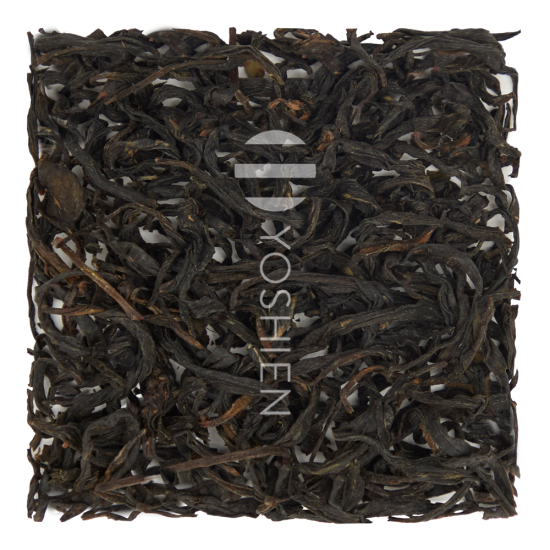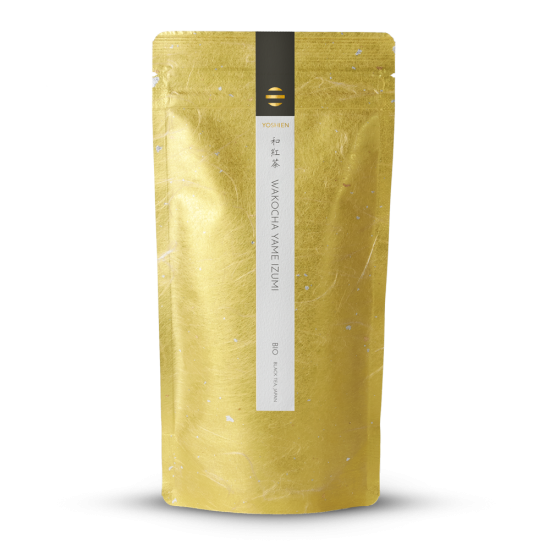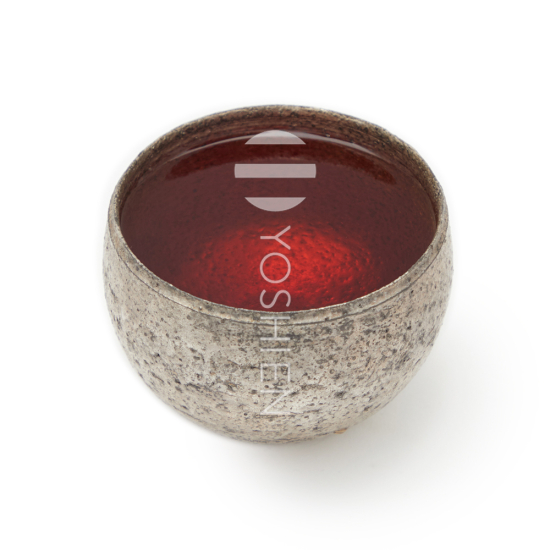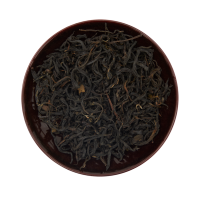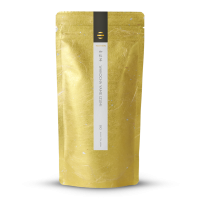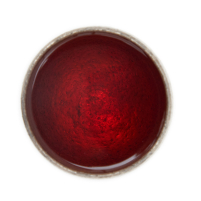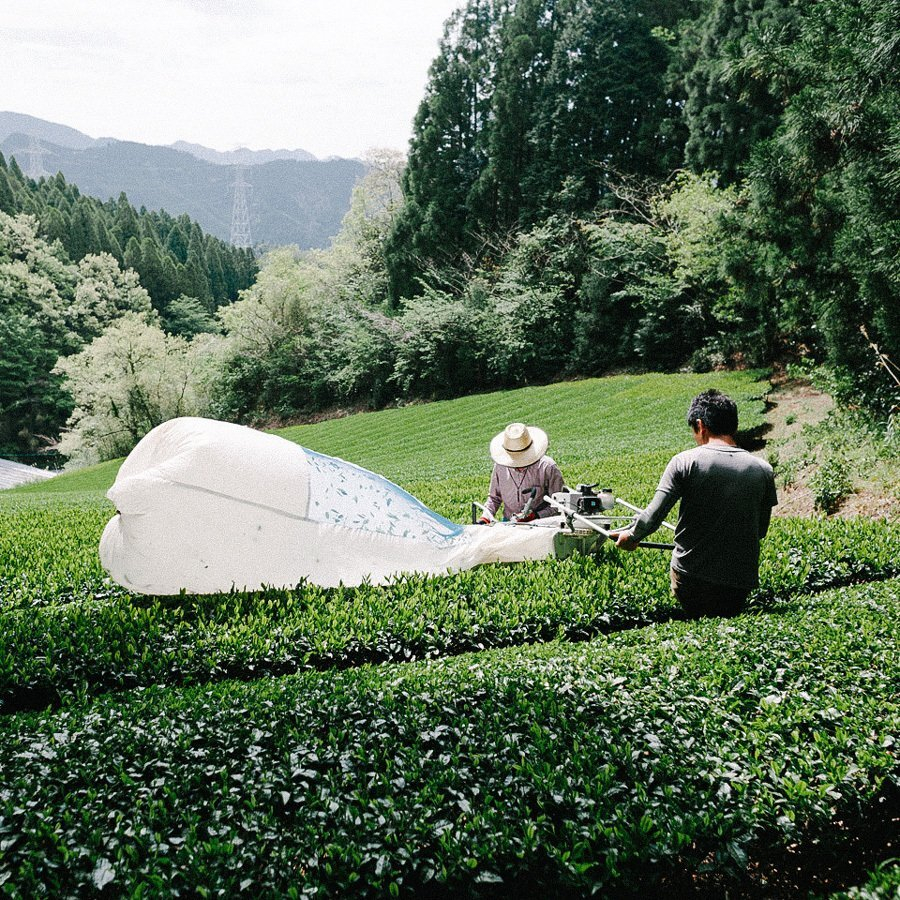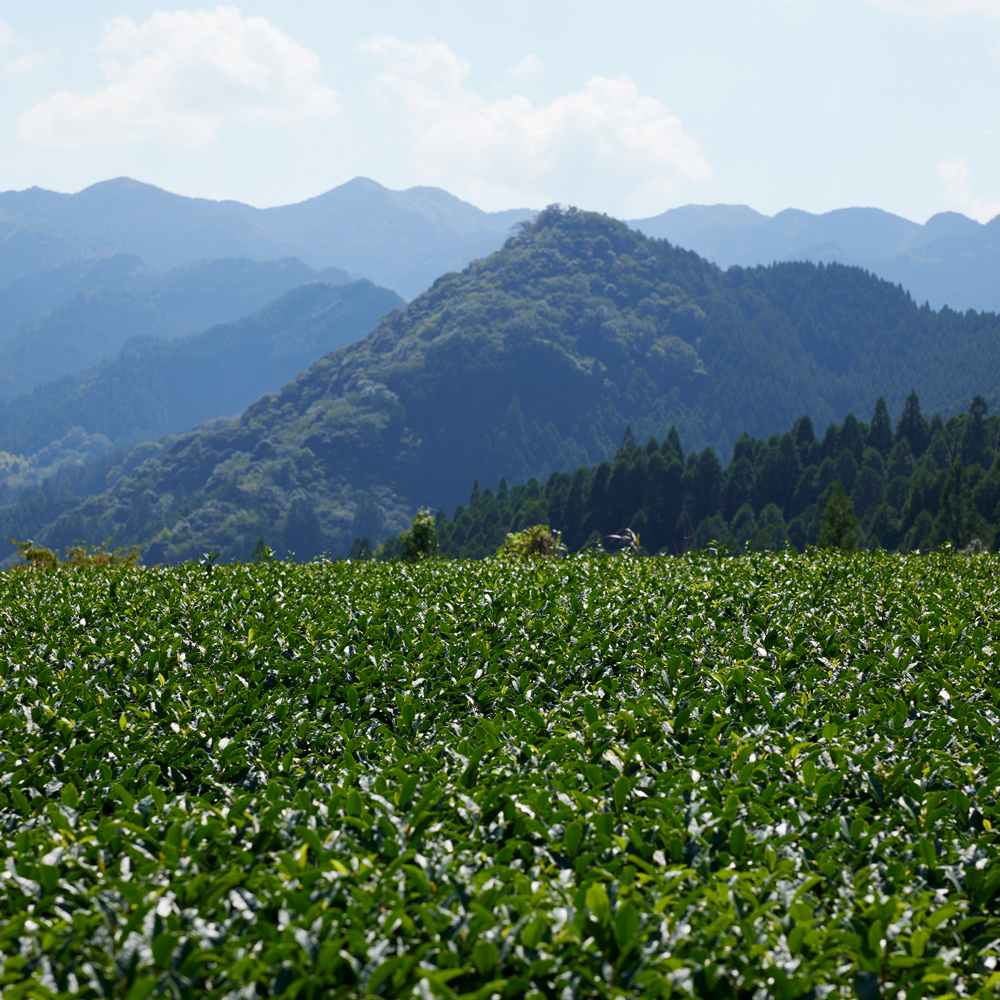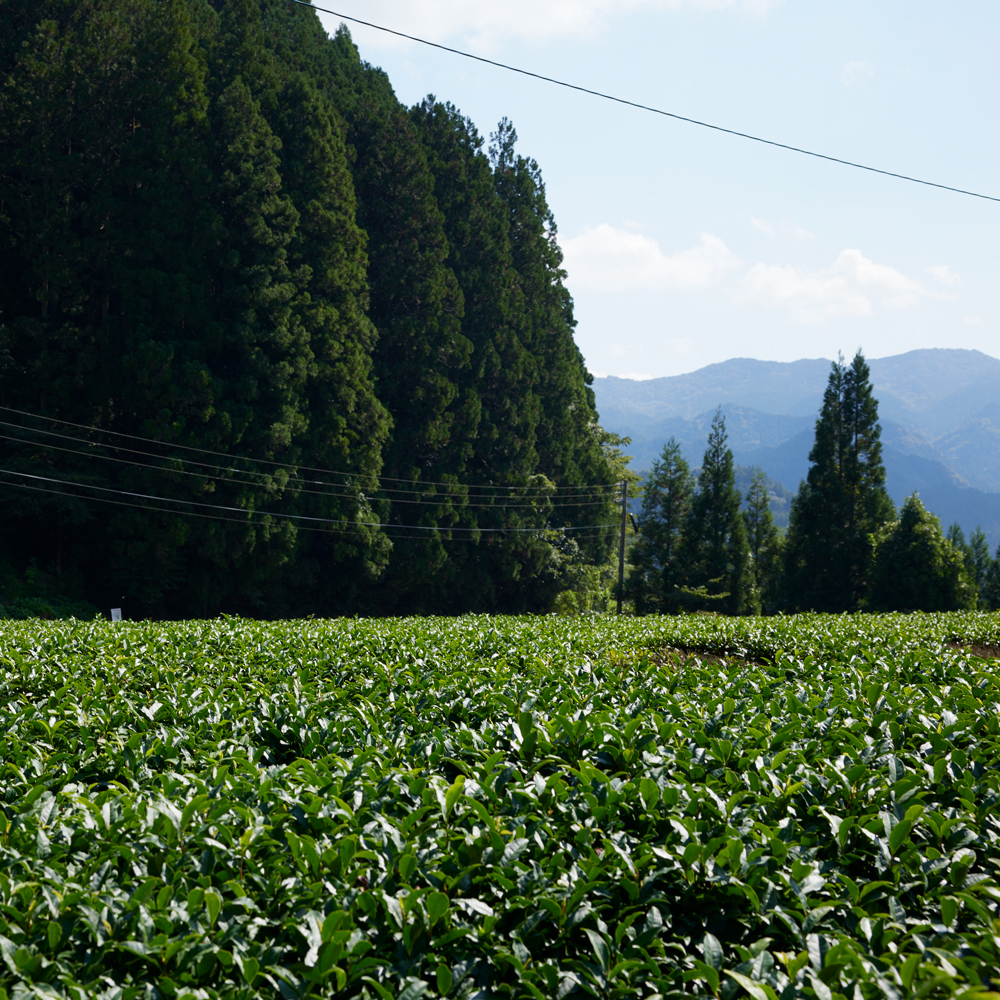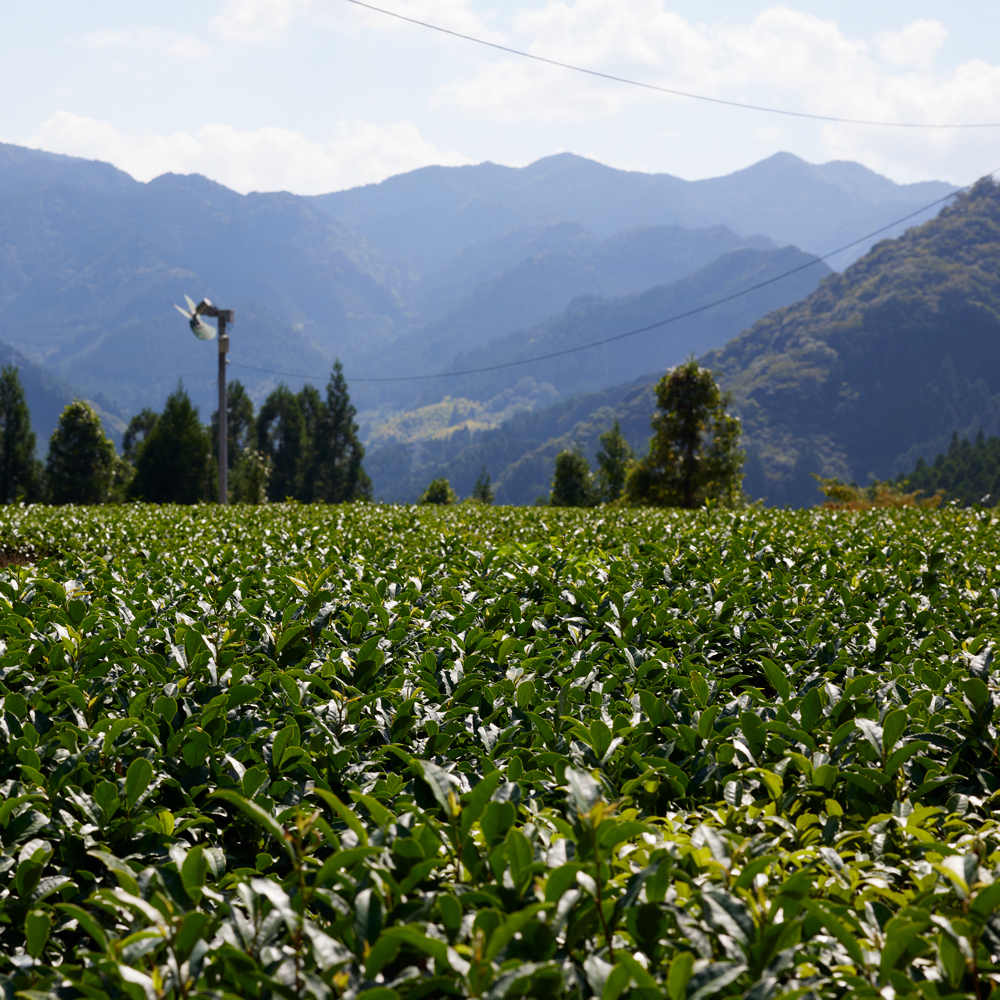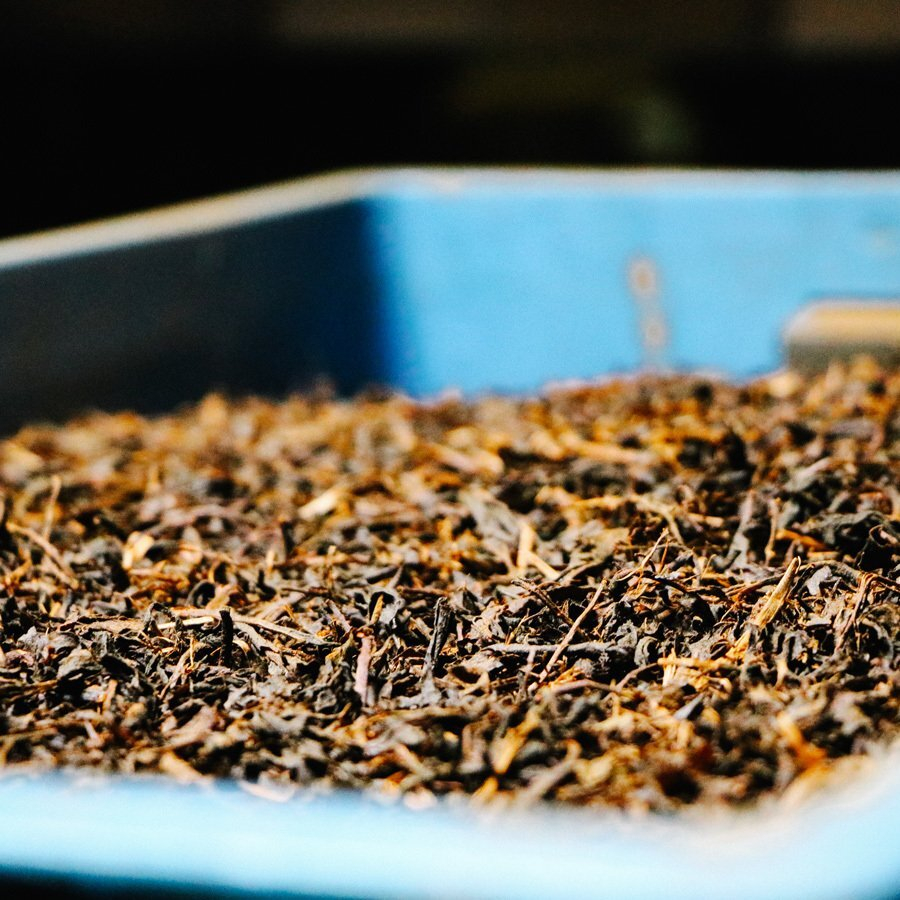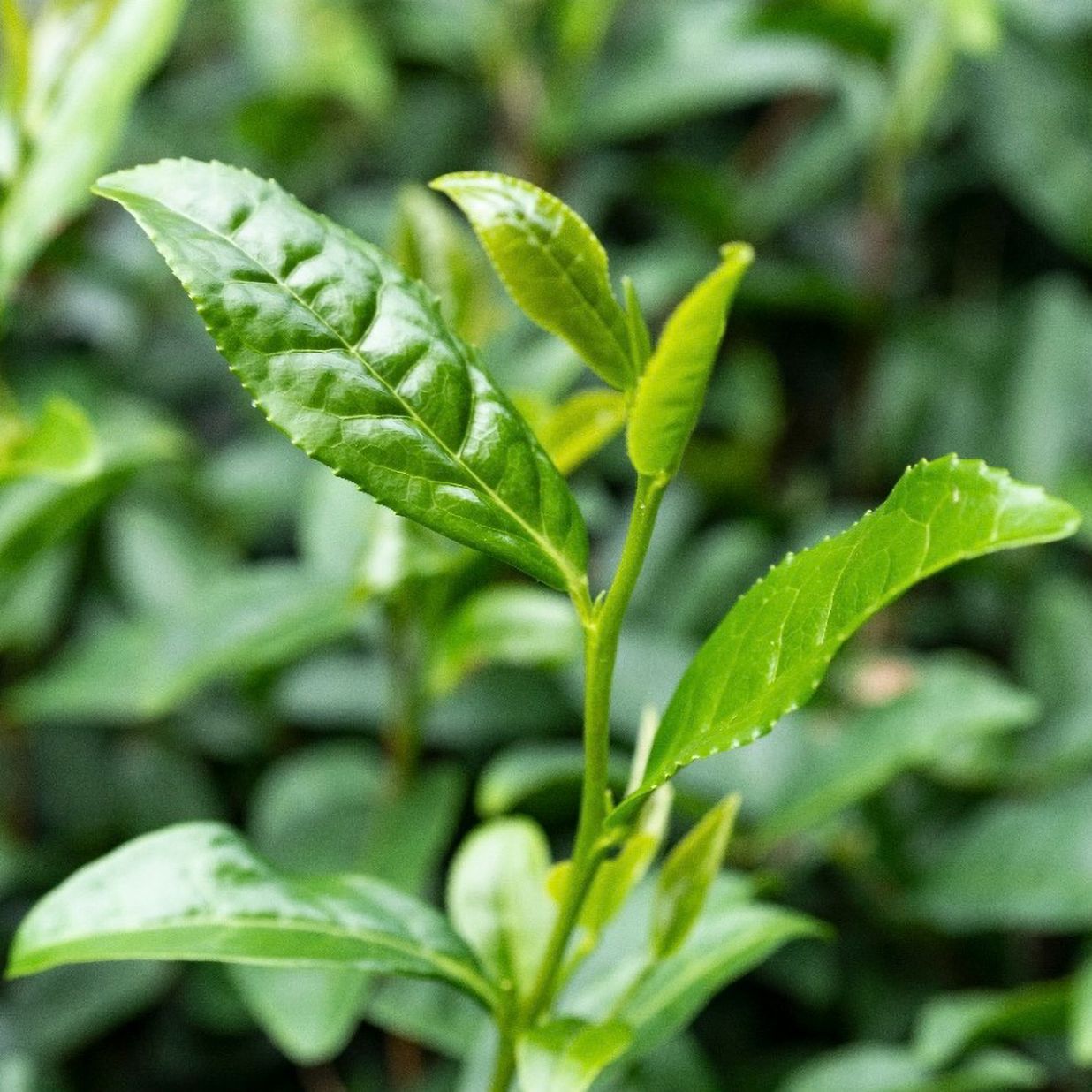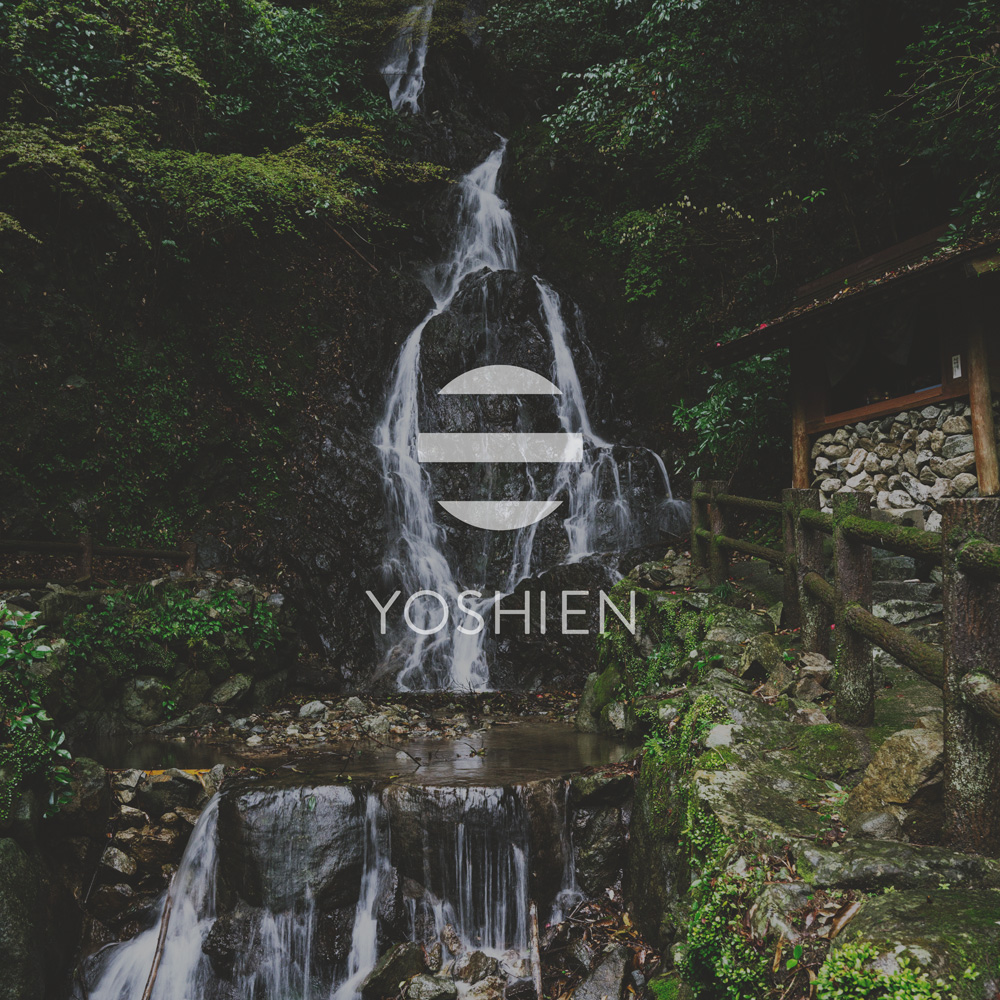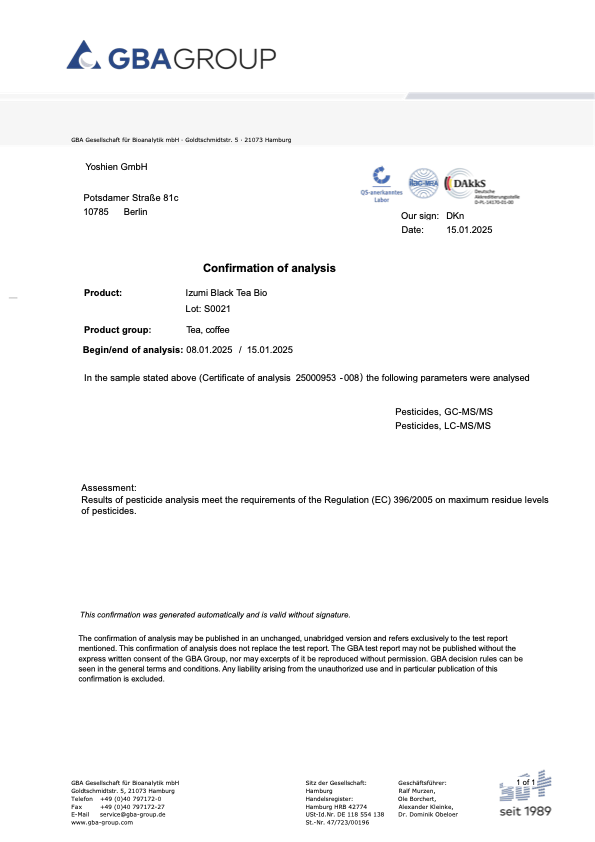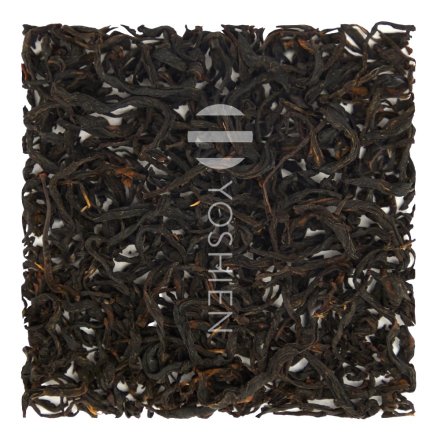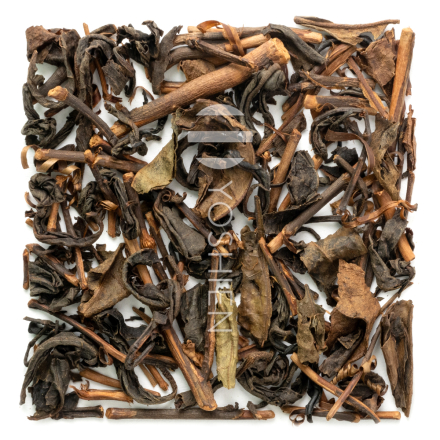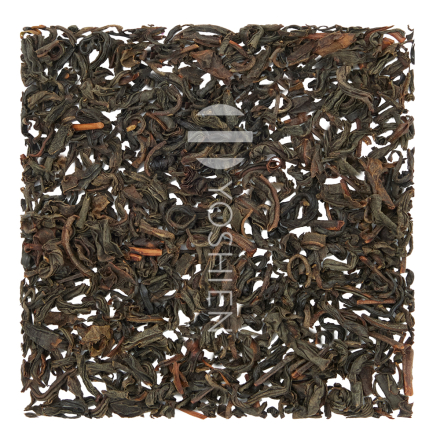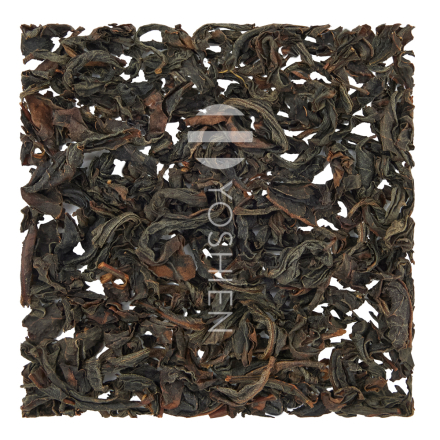Yamecha (八女茶)
Located in northern Kyushu (the southernmost of Japan’s three main islands), Fukuoka Prefecture – and in particular the area around the city of Yame – is the home of the nationally renowned Yamecha (八女茶, “tea from Yame”). Although Fukuoka accounts for just 3% of Japan’s total green tea production, it produces an impressive 45% of the country’s shaded Gyokuro, including the highly revered and sought-after Dentou Hon Gyokuro. Only the finest of Yame’s teas are given this prestigious title, crafted using traditional methods and fully shaded with rice straw mats (Tana-Honzu technique). This deciation to the art of shaded tea cultivation, together with a centuries-old tea-growing tradition and an ideal climate, makes Yamecha among the most prized and expensive green teas in Japan.
The Tsukushi Plain and especially the basins of the two main Yame rivers, the Yabe and the Chikugo, are often shrouded in a dense morning fog. This natural shield from sunlight encourages the tea plants to produce high levels of umami-rich amino acids, making for a particularly rich flavour profile. For this reason, teas from Yame are often described as “natural Gyokuros”, capable of achieving remarkable depth and intensity. The rivers themselves supply not only pure mountain spring water but also cool, moist air to the terroir. This mist is further enhanced by the region’s dramatic climate of hot days and cold nights, with tea bushes sometimes even blanketed in snow during winter. Yame is one of Japan’s rainiest areas, receiving up to 2,400 mm of precipitation annually. Combined with the loose, sediment-rich soils of the mountain slopes, the tea fields receive constant nourishment and drainage. These conditions foster incredibly resilient plants, contributing to the distinctive, full-bodied flavour of Yamecha.
Among the most widely grown cultivars are Yabukita (77%), as well as the full-bodied Sencha cultivar Kanayamidori (4%). Popular southern cultivars for Gyokuro and Kabuse include Okumidori (4%), Saemidori (4%), and Yamakai (2%). Rare gourmet cultivars such as Samidori, Okuyutaka, Gokou, and Asatsuyu can also be found here.
The historical origins of Yamecha date back to 1423, when Zen master Shuzui introduced tea cultivation and processing methods from China’s Ming dynasty, where tea was roasted in pans. It was not until the Edo period in the mid-19th century that the Uji method of tea production (involving steaming and shading) gradually took hold, leading to the first production of Sencha tea, albeit in small quantities and as luxury goods. Over time, the tea production methods were modernised, and the foundation for a regional tea industry was established. In 1925 the teas of Fukuoka’s various regions were officially united under the name “Yamecha”, highlighting the unique quality of both roasted and steamed green teas from the region.
Today, Yame is regarded throughout Japan, alongside Uji, as one of the country’s leading tea regions and is consistently awarded top honours at the nation’s most prestigious competitions. From 2001 to 2012, Yamecha consistently won the coveted MAFF Award for Gyokuro from the Ministry of Agriculture, Forestry and Fisheries, and again received the same award from 2014 to 2019 in the Sencha category. Particularly prized are teas from Kuroki-chō, Kamiyō-chō, and most famously Hoshino-mura, the celebrated mountain village whose name is known to every Gyokuro connoisseur.
Single Origin
This tea comes 100% from the above-mentioned tea field in Yame, sourced directly from the tea farmer.




